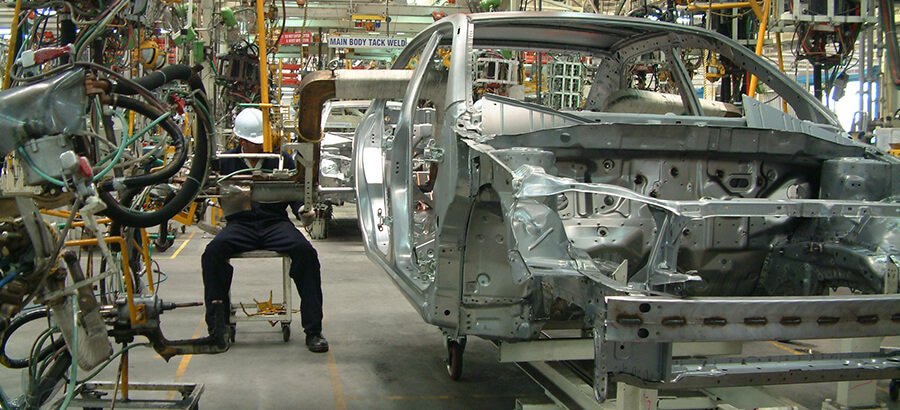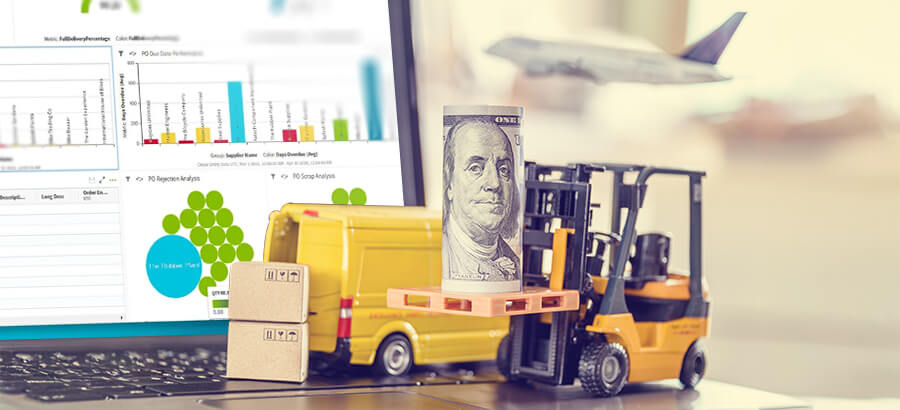It used to be that auto manufacturers’ success was based on their ability to efficiently and profitably design, produce, sell and ship products. But in a fast-changing world, with more complex engineering and the outsourcing of sub-components, manufacturers now have to consider the quality and safety of their products as well.
The automotive industry has been the most impacted by product recalls in recent years with insurance claims over US$10 million per recall event. The impact of recalls can be far-reaching, causing not only financial but reputational damage.
In Sub-Saharan Africa the demand for parts and accessories is worth over $18 billion annually and though it is small in global terms, the impact of recalls has been significant in the last decade.
| Year | Manufacturer | Recall / Impact |
| 2019 | Ford | Fined R35 million for Kuga problems |
| 2018 | Mazda | 28,000 vehicles |
| 2018 | Toyota | 730,000 vehicles |
| 2017 | Mercedes-Benz | 2200 vehicles |
With increasingly stringent inventory and traceability regulations, automotive parts and accessories manufacturers need to have business systems in place that can trace back and forward, and detail any modifications done to a product through its lifecycle. A solution should enable traceability of:
- Suppliers and their products that you use
- Items and processes used in your production process
- Products shipped to customers
Supplier Traceability
The trigger for a product recall or return is usually an issue with raw materials or finished goods. Therefore it’s important to have an efficient method to make sure defective items are identified and returned to or repaired by a supplier, and that there is full tracking of the item until the process is completed.
- Manufacturers need to have full visibility of product recall or return activities and be assured that they are being handled correctly and efficiently. This is not only important for traceability but also to enable quality control in the procurement and supplier returns process. With the availability that online collaboration tools now provide, organizations can look at automating the creation of requests to suppliers via RFQs (Request for Quote), allowing suppliers to access RFQs online.
- Returns and recalls don’t just impact the product and supply chains, details in the accounting system have to be updated. The advantage of an integrated ERP system is the original purchase order can be flagged so you have traceability of the product history. Other accounting items – cost variances, goods received notes, credit notes, and purchase orders – can also be updated.
- On the inventory side, you will need to ensure that returned goods are quarantined as they may have to be returned to the supplier. You will also need efficient traceability of stock by tracking serial numbers, lots and bins across warehouses so you can isolate any remaining defective stock.
Production Traceability
With a traceability system in place, manufacturers can not only verify the location, history and application of items moving through their production process, but information from the system can be used to improve efficiency and correct processes where needed.
To implement a robust traceability, collaboration is required among different teams in the organization to identify the materials and items that require traceability, and decide what information needs to be recorded during the manufacturing process, such as:
- what raw materials went into the product
- how long, where, and under what conditions items were stored in the warehouse,
- important documentation such as specifications, certifications and quality records.
For full visibility and compliance, you need to have traceability from raw materials and parts to shipment, and the reverse, from shipment to raw material or parts receipt.
With the risk of product recalls on the rise, auto manufacturers should implement a recall management system. This gives access to all the critical information needed to track a suspect product through its lifecycle, supply the information needed to identify, isolate and action activities that occur within a predetermined recall time, and ensure that regulatory reporting requirements are met. To prepare for recall events, a recall management system will allow you to practice mock recalls. If the system is part of an integrated ERP solution, you can test that traceability works across all the departments and processes of your business. The recall system should allow you to generate reports of mock and actual recalls to assist in complying with legislative requirements.
Shipment and Customer Traceability
Even after a product leaves the factory, you still need to be able to track the product. In the past, special scanning technology was needed to track shipments via barcodes, but nowadays a smartphone camera can do the same work. So if you have a tracking solution that supports mobile devices it’s much simpler and cheaper to track products anywhere in transit.
Whether your organization needs to comply with formal quality accreditation, such as ISO 9001, you cannot manage customer complaints these days by logging emails or phone calls in a spreadsheet or a simple database. An effective customer complaints system not only supports the capturing, management and resolution of complaints, but also simplifies the process of reviewing and escalating product defects and service issues. The information can also help with quality control and enable you to improve the supply and manufacturing process.
With greater traceability in both the product lifecycle and supply chain, auto manufacturers can mitigate the impact of product returns and recalls, and review existing materials, products and processes to ensure the chance of such events re-occurring is reduced. Using an ERP system that includes full traceability and product recall management can give you a greater chance of avoiding that million-dollar recall event.






